
It is not uncommon for owners to ask 'Can Dogs Have Milk?'. The answer is not a simple yes, or no. Milk is not something highly toxic to dogs like grapes, dark chocolate or xylitol. But, if your dog has an intolerance, or is given too much, it can have serious effects.
When puppies have their mother's milk, it is during a time when they have an increased supply of the enzyme called Lactase. This enzyme helps to break down the sugars that are contained in milk, making it easier to digest. Of course, the natural and unprocessed milk the puppies receive is also from their mother, so this is very different from the likes of cows or goat milk.
Once they mature, it is not something they need in their diet. So, if in doubt, it would be best to avoid it, or save for an occasional bit of cheese or lick of ice cream.
As dogs mature and no longer need their mother's milk to thrive, the amount of the Lactase enzyme that they produce naturally decreases. This means that they are not able to break down the sugars in the milk as easily, and they are more likely to develop an intolerance to it.
Of course, not every dog will develop an intolerance, but, like with humans, it is recognized as being a relatively common issue for dogs.
Dogs that suffer from lactose intolerance will usually have an upset stomach. This can result in pain and discomfort, flatulence and diarrhea. Some dogs may also vomit.
The level of the intolerance can vary. Some may only show signs if they are given large quantities of milk, some having been given very little. You should monitor your dog whenever you introduce something new to their diet to allow you to assess if it seems to be causing any problems.
Allergies are less common than intolerances, but, reactions to dairy are one of the more common food allergies seen in dogs. If any reactions happen after eating dairy, you should avoid feeding it altogether and, if the reaction is severe, you should seek veterinary advice.
Aside from the fact that some dogs don't tolerate milk well, it is a food product that is high in fat in its whole form, and when it is in whole dairy products like cheese or cream.
Too much milk or dairy can contribute to obesity problems, and there is the chance that it could contribute to your dog developing a condition called Pancreatitis. This can be a very serious, sometimes even life-threatening, condition that can become a reoccurring problem after the first bout. It can be triggered by too much fat in a dog's diet.
A lot of owners believe that giving their dog additional dairy products as part of their diet will provide them with a good source of calcium. While calcium is important for healthy bone development and other functions, this can be provided by dietary sources that are more appropriate for dogs.
A high-quality, balanced and complete dog food will already contain an appropriate amount of calcium. It is also found in meat, vegetables like broccoli, and even in ground bone. All of these would be better for your dog than regular servings of milk or dairy products.
Don't forget that it is not just milk itself that could cause problems. Dairy products are often given to dogs as a treat or supplement to their diet. Cheese, for example, can be a popular training treat.
If this is chopped into small pieces and only given occasionally, it shouldn't cause any major problems. However, it would probably be better to look for a healthier treat alternative that your dog enjoys just as much.
If your dog does have an intolerance or allergy, you should always double-check the ingredients for anything new you are giving them. Even some commercial dog treats can contain dairy products.
Goat milk is becoming an increasingly popular alternative to cows milk. It has a lower amount of lactose than cows milk. So, in theory, it should be easier for your dog to digest, and it is believed to be less likely to cause an allergic reaction. Again, though, this is something that is not required by your dog and, given the potential for contributing to obesity, it would be best to limit this to small quantities. Don't feed your dog any milk until you have consulted your veterinarian.

212 Hairless Cat Names For Your Beautifully Bald Feline
Discover the perfect name for your hairless cat with our list of over 200 creative and unique names. From quirky to classic, find a fitting choice for your beautifully bald feline companion.
8 Things Your Cat Loves
Just like humans, cats can have a long list of things they like. Find out what cats love so you can keep your cat happy and healthy.
How to Tell If a Kitten is a Boy or a Girl
If you're wondering whether your new kitten is a boy or a girl, here are three ways to help determine the sex of your cat.
8 Tips to Help Cats Enjoy Car Travel
Cats are creatures of habit, and they hate to travel. Learn tips to prepare them for travel in the car, whether going to the vet or on vacation.
Common Causes of Mucus in Dog Poop
Seeing mucus in your dog's poop can be concerning to a dog owner. Here are common causes and treatment of mucus in a dog's stool.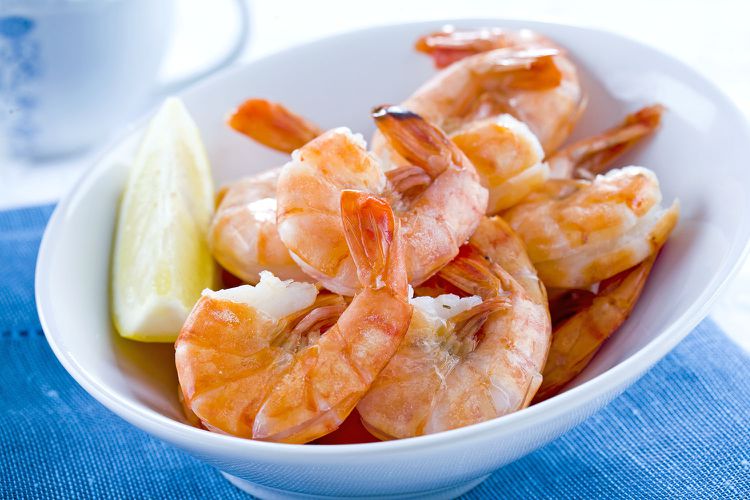
Is Shrimp Bad For Dogs?
Shrimp can be a healthy, nutritional food for people but can dogs eat them, too? What are the main concerns with feeding shrimp to your dog?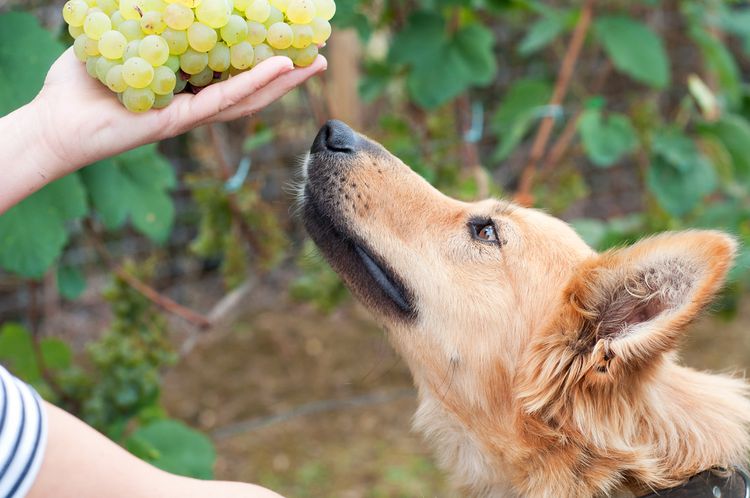
Can Dogs Eat Grapes?
Are grapes safe for dogs? Grapes and raisins can cause serious toxicity in dogs. Find out what to do if your dog eats grapes.
Maine Coon Cat: Breed Profile, Characteristics & Care
The Maine Coon cat is of the largest cat breeds in the world. These amiable, gentle cats make great companions. Learn about the Maine Coon cat breed's appearance, temperament, health, and care needs.
Selkirk Rex: Cat Breed Profile, Characteristics & Care
The Selkirk Rex is a charming cat with a tousled coat and a loving, laid-back personality. Learn about the Selkirk Rex breed.
How to Stop Your Cat From Chewing Electrical Cords
Cats are known to pounce and attack inanimate objects, like electrical cords. Learn how to prevent your cat from ambushing objects that may harm it.
What Do Cats Think About?
Have you ever wondered what cats think about? A number of studies have explored cat behavior and feline cognition, but there's still more to learn.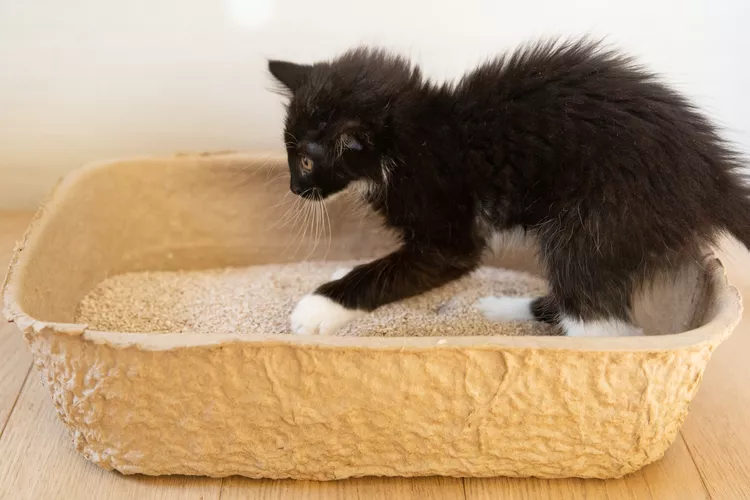
Training Your Kitten to Use the Litter Box
Bringing home a new kitten means they need to learn how to properly use a litter box. Discover how to successfully litter box train your kitten.
Why Do Cats Knead?
Kneading is a common behavior in cats of all ages. Learn why cats "make biscuits" and what it means for you, your cat, and all your blankets.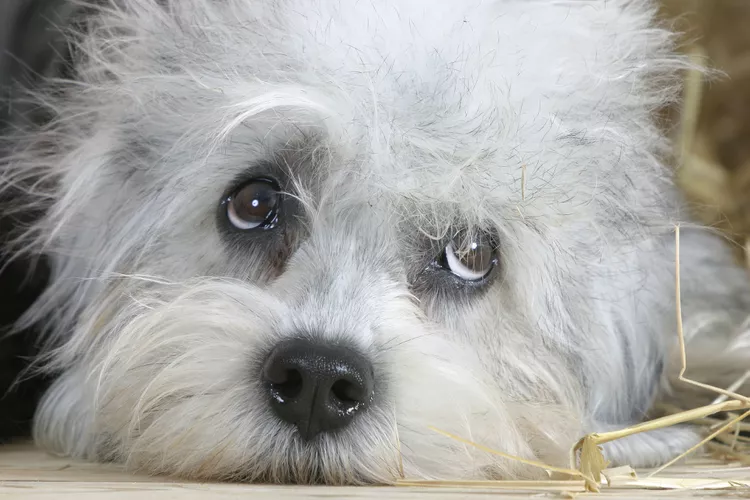
Dandie Dinmont Terrier: Dog Breed Characteristics & Care
Learn about the Dandie Dinmont Terrier, a silky dog breed with a signature puff of hair atop its head and a friendly, companionable personality.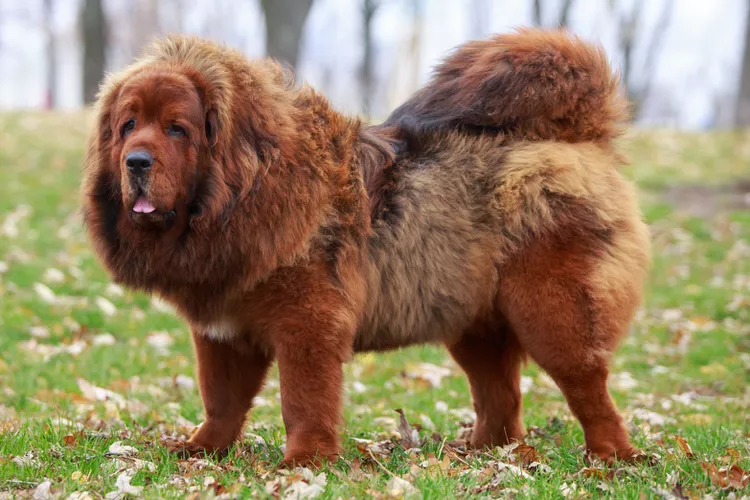
Tibetan Mastiff: Dog Breed Characteristics & Care
Learn about the Tibetan mastiff, an ancient guardian dog breed. This breed is known for their massive stature, flowing mane, and protective personality.
4 Reasons Why Your Dog Licks Their Butt
Butt-licking in dogs can be a part of normal grooming, but excessive butt-licking is not normal. Read about the most common reasons for this behavior.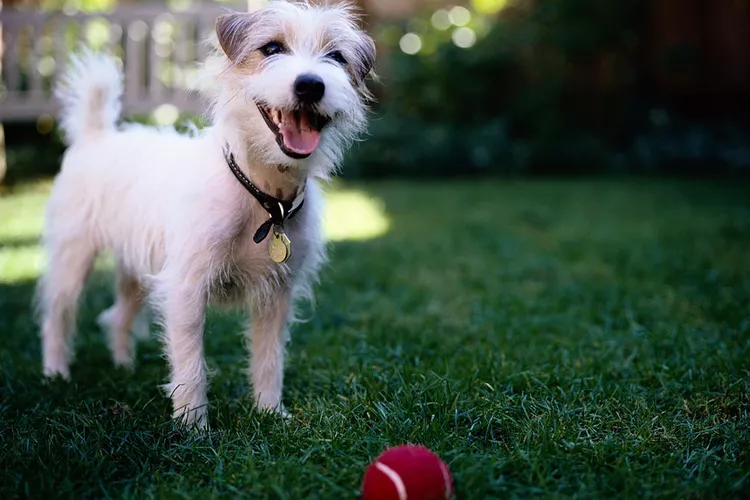
How to Teach Your Dog the "Leave It" Command
Training your dog the "leave it" command is a great way to instill self-control. Learn how to teach your dog to not pick things up from the ground.
How to Solve Your Dog's Fear of Car Rides
Is your dog scared of car rides? This fear of riding in cars is common. Learn why your dog is scared of car rides and how to help conquer this fear.
Can Dogs Get Depression? How to Help Your Sad Dog
Can dogs get depression? Learn about the signs of depression in dogs and find out how to help your sad dog.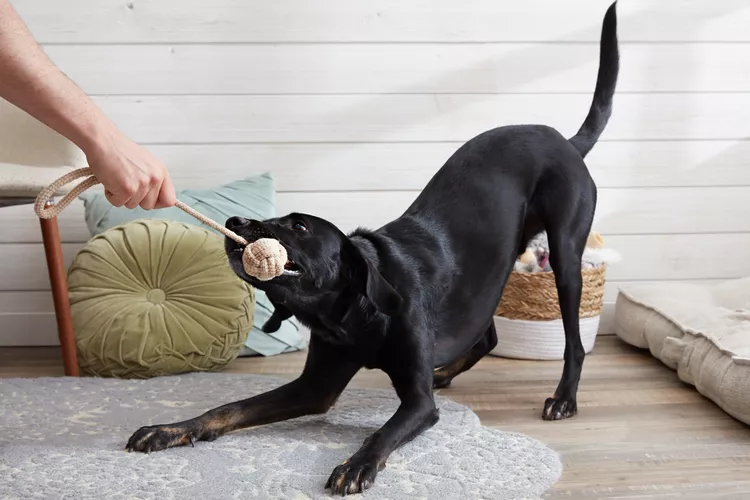
How to Play Tug of War With Your Dog
Many dogs love to play tug of war, and it's a healthy game that provides great exercise. Learn the best way to safely play tug of war with your dog.